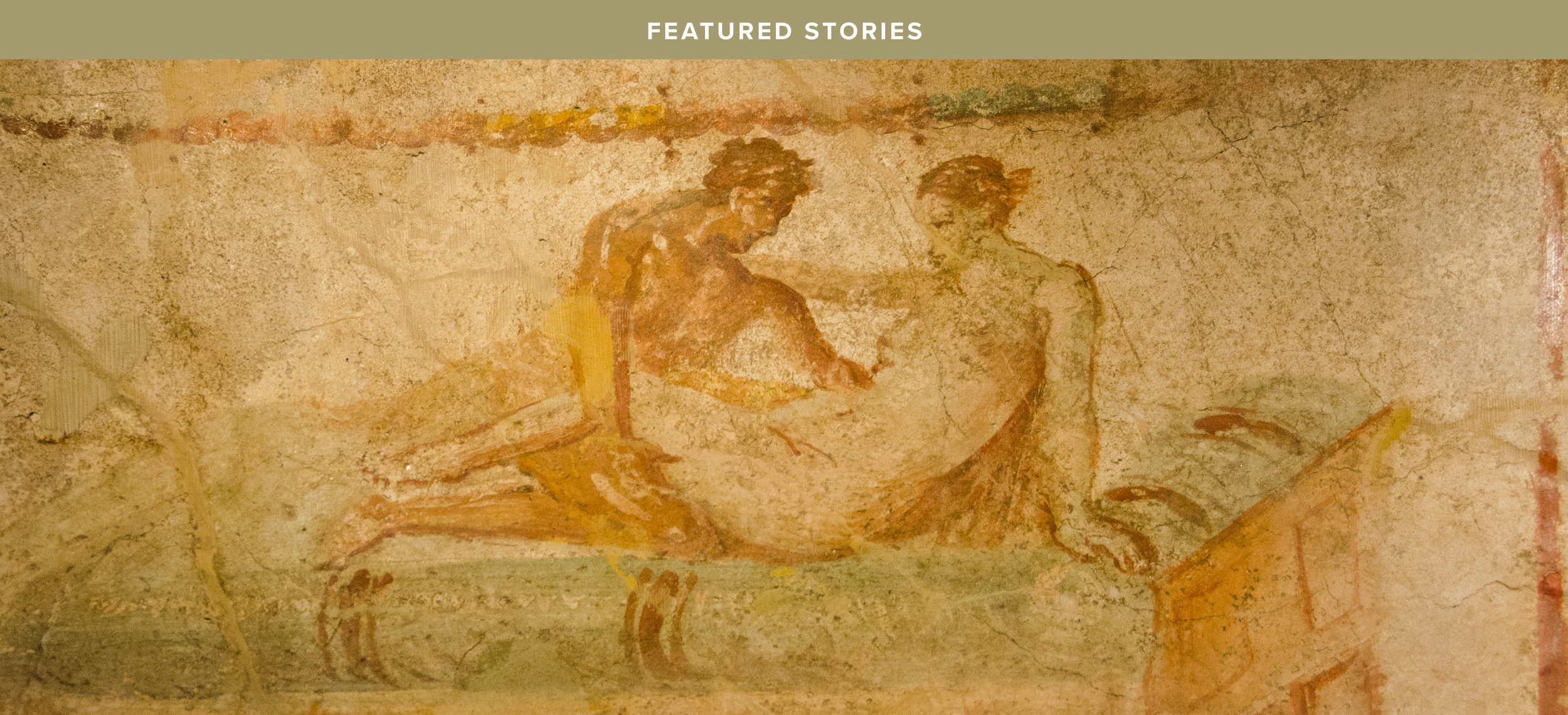Chippewa Literature and Canadian Culture
Good literature must have enough subtlety to engage the reader. Information is explicit, as it should be. The telephone directory, cooking instructions, and traffic signs are not examples of literature. I used one of my philosophy classes some time ago to see if any of my Canadian students could make the transition from the barrage of information they encounter on a daily basis to the subtle world of literature.
I used the blackboard to inscribe a simple and elegant verse from a Chippewa love song:
A loon I thought it was
But it was
My love’s
Splashing oar.
A poem of thirteen words would not impose a hardship of my 25 students’ attention span. I asked them what anyone thought it meant. To their credit, my students were responsive. Their enthusiasm, however, was not accompanied by any degree of enlightenment. The poem remained a conundrum for them. One student had a Freudian interpretation of the oar. Was someone bird-watching? Was the person handling the oar an amateur at his task? I reminded my class that the poem is of Chippewa origin and should not be interpreted according to Canadian cultural assumptions.
I asked, “What time of day does the story in the poem take place? One student suggested daytime and a sharp bend in the river prevented one Indian from seeing the other. To my question, “How many people are in the poem?” one student believed there were three or more. I urged them to try to situate themselves in the poem, mindful that it is reflective of a woodland Chippewa culture.
I suggested that there must be something to this little verse to explain why it has survived, and has even crossed over to other cultures. Therefore, there must be something universal about it. But it is a piece of literature and not a cryptogram. I was accused of reading too much into it. I envisioned a Chippewa woman waiting for her loved one to return. She could not rely on the telephone or emails. She had to rely on her senses, specifically her ears because the night obscured her vision. She waited and waited for her loved one as she stood somewhere on the bank of a river. At long last, she heard a splash. But it was not a sign that her Brave was returning because the splash did not recur. It was but a single splash, attributed to a loon. Frustration and fear mounted for this Chippewa woman. She was beginning to lose hope. Time passed. Despair began to cloud her judgment when she dismissed the next splash she heard as belonging to another loon. But then, another splash, and yet another. This time it was not a loon, but her Brave coming back to her. The rhythm of his oar matched the beating of her heart. They would soon embrace. As the splashes became nearer and louder, her heart beat faster. He is safe and soon she will be in his arms.
Obviously I was hallucinating. The class ended without my having convinced any of the twenty-five that this thirteen-word verse was really a beautiful love story. My would-be disciples returned to their world of explicitness and to their next class.
Poetry has its roots in the familiar world, but thanks to figures of speech, such as the metaphor, is able to lift our awareness to a higher plane. We should not want to be trapped in the prison house of the mundane. At the heart of the thought of St. Thomas Aquinas is the notion that the natural order participates in the supernatural order. The mere natural is not complete unless it is fulfilled by the supernatural.
Hilaire Belloc tells of a colleague from schooldays who failed to see the significance of the metaphor. A metaphor, he said, “was nothing but a long Greek word for a lie.” A metaphor is certainly not a lie, but a light. It is a light that illuminates the path that takes us from one plane of reality to a higher one. We remain impoverished when we reduce religion to ceremony, marriage to convention, love to lust, education to information, and poetry to prose. Life is broader and richer than it may appear at first glance. Poetry has wings. We are all travelers at heart.
Dr. DeMarco’s latest book is Why I Am Pro-life and Not Politically Correct.







